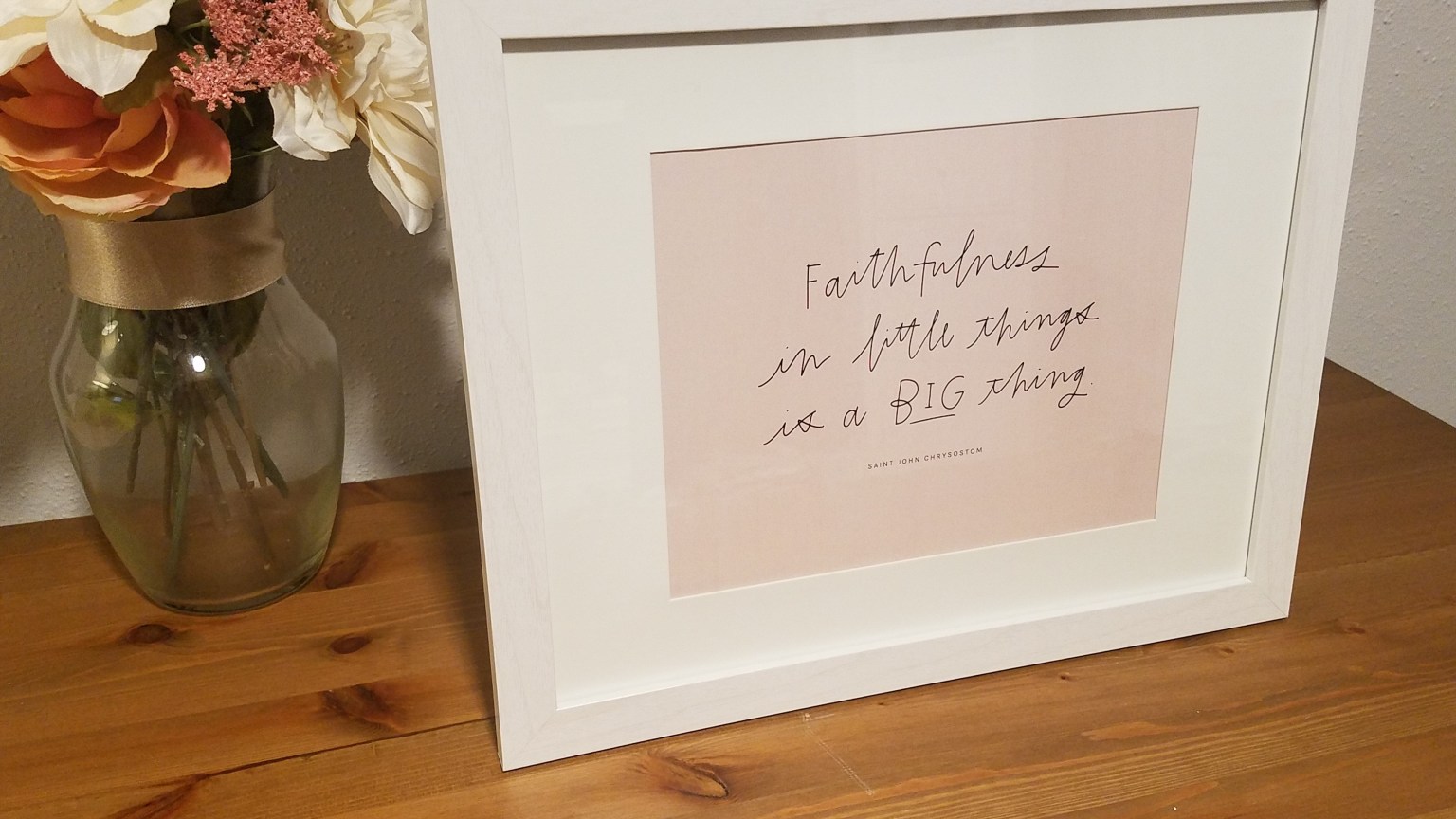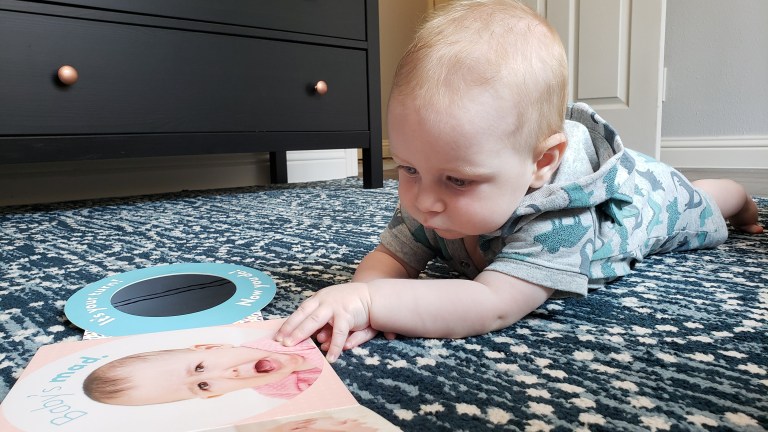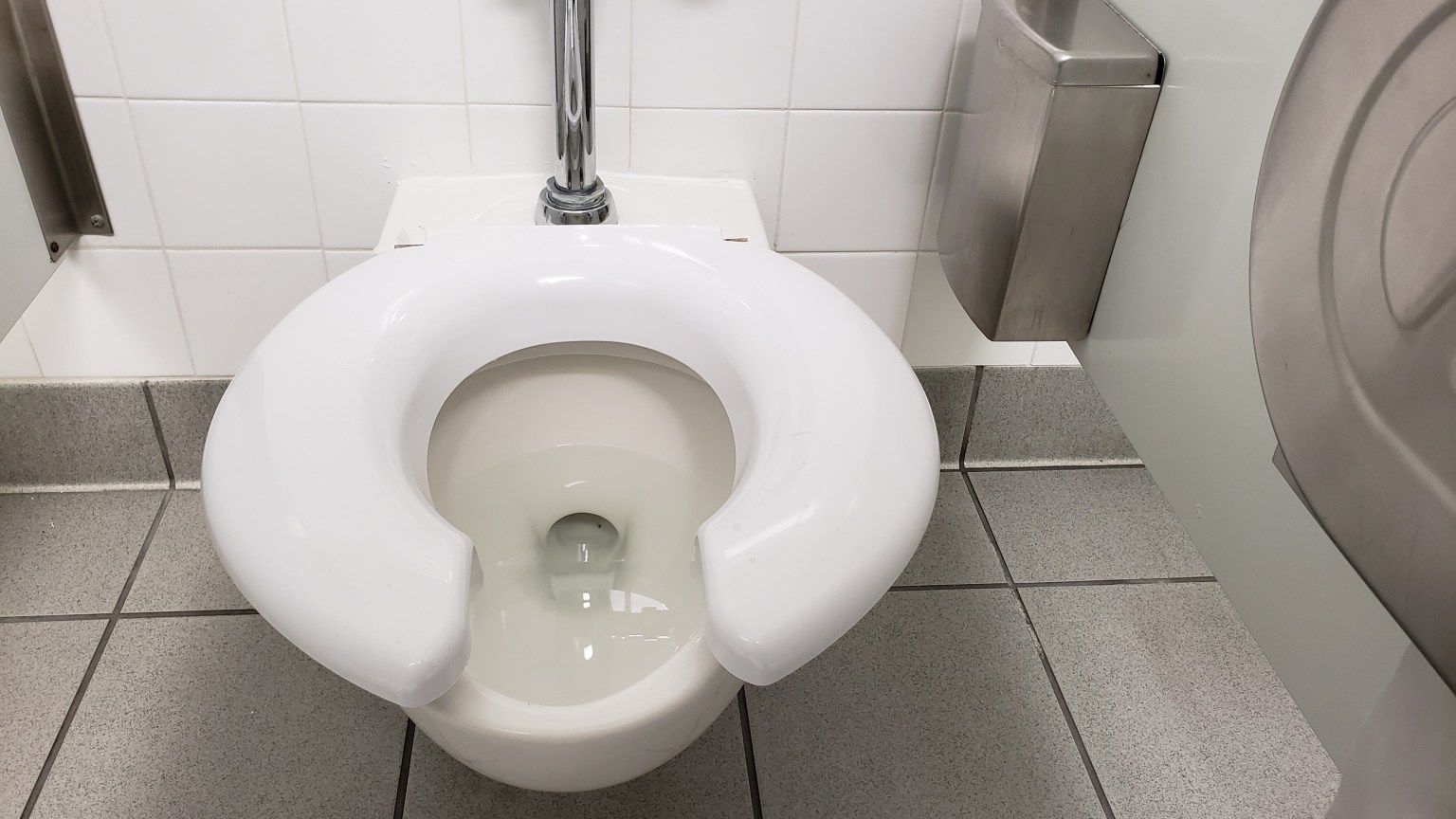This week, I gave a patient some advice that I needed to take myself.
I’m a dancer – a competitive dancer. And this year, my husband and I will travel across the country to seven weekend-long competitions. We love competing, the social dancing, and the fun – but with it, comes mental challenges, head games, and frustration. My husband is a fast learner and is constantly challenging himself to improve – he’s amazing. He seems to meet his goals faster than he can create them. I’m the same way – in that I love progress – but I am a much, MUCH slower learner in dance. And yet, I set a goal, acknowledge it, and want to achieve it – now. Or yesterday.
Goals signify the end of a process towards improvement. The process of hard work towards meeting that goal is often forgotten, as people tend to focus on the successes and glories of the met end goal – photos of achievements, awards won, and smiling faces. But the process is what propels you to have the ability to meet the goal – the process is the most important part.
When parents come to me during evaluations, there are many times that they show many tears, feelings of guilt, and a sense of loss. Families lose their identities, because their new identity is, you guessed it – poop, or the lack thereof. The whole family and its existence revolve around it. Caregivers battle to get their child to sit on the toilet, to be successful poopers, and to keep their underwear clean. They chart their toilet attempts, make the babysitter and grandparent sit in the bathroom with them, and buy pull ups and underwear liners in bulk. They ground their children, bribe them, and create reward charts. But if your child’s body has gone through the transformation of constipation, it is an unrealistic goal for us to expect them to suddenly be able to sit, push, and evacuate all of their poop out. It’s a process. Sitting independently for bowel movements and clean underwear is the goal – not part of the process towards progress.
Small, achievable goals.
Look here (or here if you need the Spanish version) to watch a pretty great video about some of the things that happen inside your body with chronic constipation. If your child’s rectum is stretched to the size of a football, if their breathing coordination is so limited they can’t sustain a bulge for more than a second, and if their anus and pelvic floor are so retracted and tight and have no idea how to let go and relax – it is an unrealistic goal to assume that your child will be able to successfully sit on the toilet and evacuate themselves and stay clean and dry, all day and night.
May be the first step is getting them on medication so they CAN get stool out – click here for my post on some of my perspectives on medications. O,r maybe they need to learn how to be successful sitting calmly on the toilet for more than a minute. Or getting over their fear of the room the toilet is in. Or of learning that pooping doesn’t have to be painful. Or, maybe they need to know that poop in their underwear isn’t a good thing.
There are many factors that play a part in successful toileting. And if those factors aren’t present, the process won’t be able to move forward in a positive direction, and the goal can’t be met. Not that you child doesn’t want to meet the goal set for them, they just can’t, because some pre-requisites haven’t been met.
Small, achievable goals.
That means you praise them for sitting calmly and trying for 10 minutes, even though they didn’t get anything out. That means that you show them in a nonchalant way, that pooping on the toilet is normal – yes, they get to watch you do it (although, once a kiddo is past 7 or so, this may no longer be an appropriate technique). That means, that you speak with them about they fears they may have, and work through them step by step to overcome the fear of the restroom, before you enforce toilet sitting. That means you don’t scold for dirty underwear, and you don’t call passing gas gross, because both of those things mean they are getting things out of their body.
Small, achievable goals.
This means, that as your child reaches these small, achievable goals, they will do just that – achieve them, because the goals are small steps towards a large end goal. And with that success, comes self-worth, autonomy, motivation, and positive thinking regarding the whole process. And just like that, they are motivated, and they become the ones wanting to do better, instead of you pushing them to do something that they know they will be unsuccessful at.
So, just as much as I would love to be able to do ten rotations of a one-footed spin, or have great technique, or amazing creativity, and to do all of those things now – I work hard, and work on the smaller factors of those things first, and little by little, I will progress forward towards those larger goals. Just like you will work little by little, to help your little ones achieve small goals, feel successful, and propel themselves forward into independent toileting.
What small, achievable goals can you set for your child? What is the first thing they need to make on this journey? What are the long term goals? What are the steps in between to help them reach that coveted status of independent toileting?
Be well.
Related Posts










